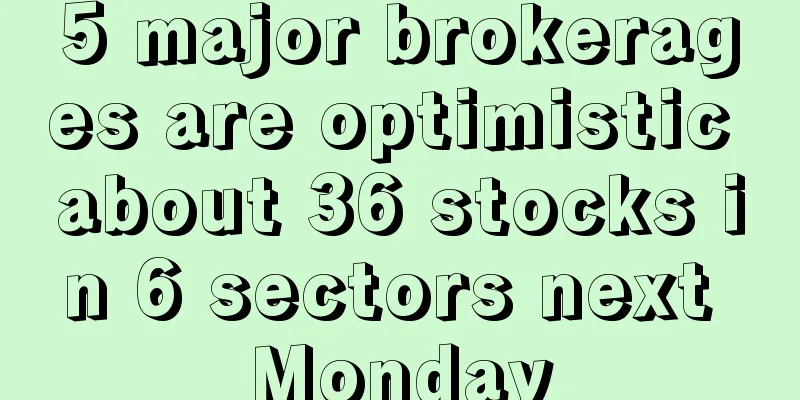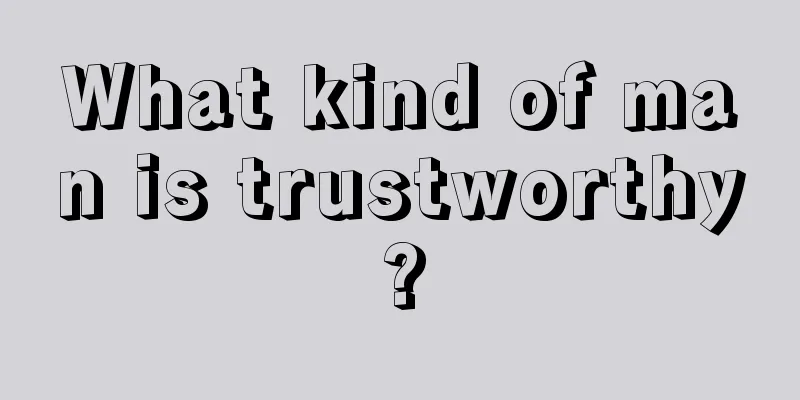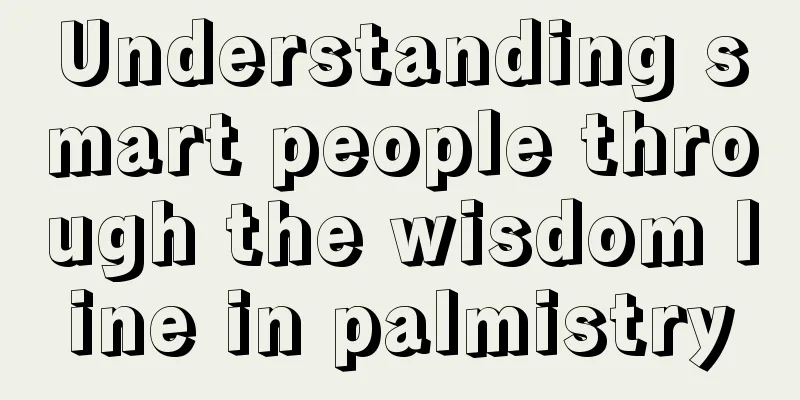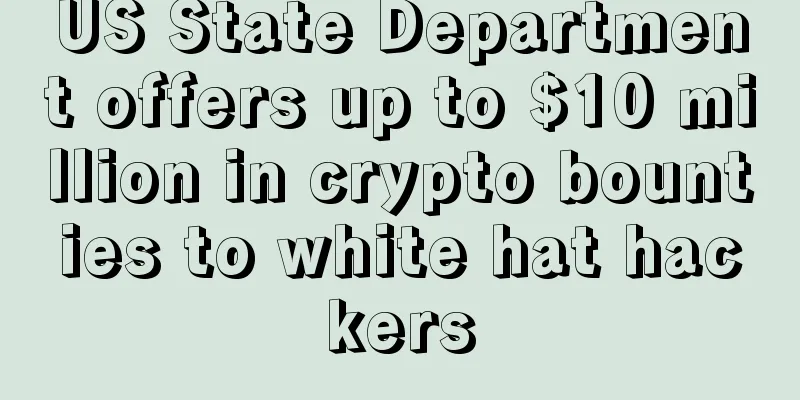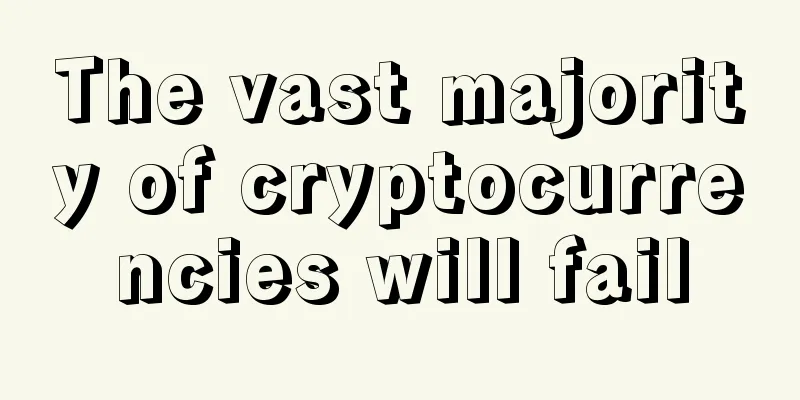The Mt. Gox case triggered a panic sell-off of BTC. Is the market overreacting?
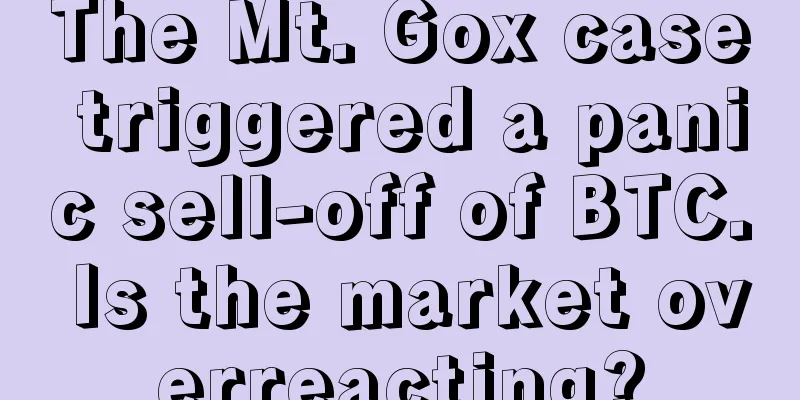
|
Source: Odaily Planet Daily Author: Xin Nan On the eve of the Mt.Gox creditors' annual meeting, a newly disclosed document restored the repayment draft that may be used in the Mt.Gox case. According to the Mt.Gox liquidation and repayment draft document released by Nobuaki Kobayashi, the Mt.Gox exchange will pay legal currency, BTC, and BCH to creditors to repay their debts. Creditors in the Mt.Gox case can choose to accept legal currency or cryptocurrency. It is worth noting that cryptocurrency compensation only supports BTC and BCH, and other holdings will be liquidated into cash as much as possible. A previous data showed that as of March 19, 2019, Mt.Gox had a confirmed deposit balance of 69.553 billion yen (approximately US$628 million based on the exchange rate at the time of publication); in terms of cryptocurrency asset balance, as of March 18, 2019, Mt.Gox held 141,686.35 BTC, 142,846.35 BCH and a certain amount of BSV. This plan has sparked heated discussions in the industry. People are worried that this huge amount of repayment may bring huge selling pressure to the market, indirectly leading to a sharp drop in the market. Perhaps the most unstable factor in the short term is how the Mentougou creditors deal with the coins in their hands. Four key information of the debt repayment draftAfter studying the preliminary liquidation draft given by the Mentougou trustee to creditors, Odaily Planet Daily summarized four points of information worth noting: 1. Support three debt settlement methods: "legal currency", "BTC" and "BCH" In general, the draft reveals two distribution plans for claims: one is "legal currency" cash payment; the other is "BTC" or "BCH" cryptocurrency payment. 【Fiat Cash Payment】 For users who claim legal currency, Mentougou will pay in cash. Fiat currency claims denominated in foreign currencies will be valued at the exchange rate and international remitted through bank accounts. The trustee will pay in Japanese yen, US dollars or euros as required by the creditor. The remittance fees and foreign exchange fees generated by foreign exchange will be borne by the creditor. If the creditor does not accept the payment, the money will be deposited in the Japanese Legal Affairs Bureau. For users who claim BTC and/or BCH, Mt. Gox also allows the claimant to accept cash payments. The fiat currency value of crypto assets is calculated according to the exchange rate of BTC, BCH to Japanese Yen. However, the trustee can sell all or part of the debtor's BTC/BCH with the permission of the court. 【BTC/BCH cryptocurrency payment】 · Failure to apply for compensation payment in cryptocurrency will be treated as a request for payment in cash; Creditors who require compensation in BTC/BCH must apply within the specified date and can only apply once, and cannot be changed later. BTC/BCH compensation requires users to register accounts on other cryptocurrency exchanges and must reach an agreement with the exchange where they are registered. The exchange acts as an agent and is responsible for receiving the creditor's BCH/BTC assets, and the Mt. Gox attorney will transfer the funds to the exchange in one lump sum. After the transfer, the terms and rules between the creditor and the designated exchange will not be involved and the trustee will not bear any responsibility. (Repayment logic for BTC/BCH payments) 2. The Mentougou trustee does not plan to purchase additional BTC and BCH The draft mentioned that the amount of BTC and BCH held by Mentougou may not be enough to accept the payment. If this happens, creditors who require the use of BTC/BCH for liquidation will have part of their assets liquidated in fiat currency. For example, if a creditor seeking compensation in BTC claims an amount of 1,000,000 yen and only 1 BTC is paid in cryptocurrency, the remaining 250,682 yen will be paid in fiat currency. In the example of the BTC claim above, the ratio of the claim amount paid in BTC to the total claim amount is approximately 75%. (1 BTC x BTC exchange rate (749,318.83 yen) ÷ 1,000,000 yen ≈ 0.75), if this happens, the trustee plans to apply the same ratio (i.e. approximately 75%) to all other BTC claims requiring BTC payment. 3. Assets held other than BTC and BCH will be liquidated into cash as much as possible The draft mentioned that the Mentougou trustee believes that Japanese yen, BTC and BCH will become the main sources of liquidation distribution, and cryptocurrencies other than BTC and BCH will be liquidated into cash as much as possible. 4. Prioritize the payment of fiat currency claims and small claims The draft states that the trustee’s policy is to prioritize the payment of fiat currency claims and small claims. Small claims: The Mentougou Trustee plans to provide small claims of no more than 200,000 yen to each creditor. Small claims are mainly for users with relatively low claim amounts or less than 200,000 yen. If each creditor has both fiat bonds and BTC/BCH claims, small claims will be used to pay fiat claims first, and if there is any balance, it will be used to pay BTC/BCH claims. In general, the liquidation plan given in the Mentougou case is a very conscientious plan. From the proposal given by the trustee Nobuaki Kobayashi, it is not difficult to see that the trustee's attitude may be more inclined towards creditors choosing legal currency to pay the compensation. On the one hand, all cryptocurrencies except BTC and BCH will be liquidated into cash, that is, converted into legal tender to support legal tender claims. On the other hand, it is promised to provide a priority payment channel for users who choose legal tender claims. In addition, even if the BTC and BCH holdings are difficult to redeem and the legal tender holdings are larger, legal tender will not be used to buy new BTC and BCH for repayment, but the unredeemable part will be converted into legal tender for cash payment. Of course, whether it is selling non-BTC and BCH cryptocurrency assets or directly repaying BTC and BCH to users, these liquidation plans have indirectly triggered new market concerns - after the Mentougou liquidation, a new round of selling crisis may come. Are BTC, BCH, and BSV facing the risk of a market crash?In fact, the assets in the Mentougou theft case have always been considered a time bomb. As mentioned in the previous interpretation, in the cryptocurrency plan, the trustee of Mentougou only recognizes BTC and BCH. The remaining cryptocurrencies besides BTC and BCH will be liquidated into cash, which has caused industry insiders to speculate that non-BTC and BCH assets may be sold off. The biggest ambiguity in this draft incident comes from how Mentougou will liquidate non-BTC and BCH funds, especially BSV, BTG and other forked currency assets in Mentougou accounts. According to a statistic circulated online, Mt. Gox once held nearly 202,000 BSV (market value of 35 million US dollars). Since BSV is not included in the option of repaying creditors, this means that the BSV held by Mt. Gox is at risk of being sold or has already been sold. Foreign media Trustnodes also believes that if this draft is passed, about 135,000 BSV will be sold or has been sold by the trustee. In fact, Mt. Gox encountered similar doubts in 2018. At that time, Nobuaki Kobayashi, the trustee of Mt. Gox assets, sold 24,600 BTC and 25,300 BCH. (BTC and BCH sold from March to June 2018) A previous report by Cointelegraph revealed that Mt. Gox sold tens of millions of dollars worth of Bitcoin every week between February and June 2018. Coincidentally, during the same time frame, the price of Bitcoin plummeted, starting on May 4th and ending in June, when Bitcoin fell from $10,000 to $5,912, a drop of more than 40%. This view is that the liquidation of Mt. Gox may have indirectly led to the plunge in Bitcoin. But later, the trustee Nobuaki Kobayashi responded to this question again in a Q&A on the report of the 10th creditors' meeting released in March. Nobuaki Kobayashi explained that the BTC and BCH were sold between December 2017 and February 2018, and that he sold BTC and BCH in cooperation with a cryptocurrency exchange based on the market price at the time. Nobuaki Kobayashi said that he sold BTC and BCH after consulting with cryptocurrency experts. He did not sell them through ordinary exchanges, but sold them in a way that avoided affecting market prices while ensuring the security of transactions as much as possible. The sales method of BTC and BCH was also approved by the court. The transfer of assets in BTC and BCH addresses does not necessarily mean that BTC and BCH have been sold. Based on previous experience, if the Mentougou trustee wants to liquidate cryptocurrencies other than BTC and BCH, it is likely to adopt the method used in 2018, perhaps selling them through OTC and other means. Odaily Planet Daily checked the data of multiple cold wallet addresses in Mentougou tracked by CRYPTOGROUND and found that there are 137,891 BTC and 137,891 BCH in the BTC and BCH cold wallets of Mentougou respectively. The on-chain data trends tracked by it also found that the most recent transfer in the two cold wallets of BTC and BCH occurred on May 10, 2018. Data from blockchain security company Paidun also shows that among the 80 Mt.Gox exchange addresses it detected, BTC has not changed since January 1, 2019, totaling 137,890.9654843 BTC. In addition, among the Mt.Gox attacker addresses it monitored, the hacker had 79,956 BTC in his account, and there was no change in the amount. Did the market really overreact?Looking back over the past few weeks, the market is still fluctuating and looking for direction, and urgently needs a strong positive event to boost the arrival of the halving bull market. But on the other hand, every extreme decline in the market has been more or less confirmed to be related to selling behavior. For example, Plustoken, which is always blamed for every decline, ran away with funds and transferred assets, and a decade-old miner sold out some time ago. These events are reminding investors to be wary of the "time bomb" of large-scale selling. Today, the market trend may still depend on how creditors deal with the coins in their hands. The tokens locked in the Mt. Gox incident are definitely the next bomb. The panic-mongers believe that former Mt. Gox users bought Bitcoin at a very low cost, and once they get the same amount of Bitcoin, it will be a high price for them. If they no longer trust the cryptocurrency market, they will most likely sell it quickly, creating selling pressure on the market. Foreign media Trustnodes also mentioned in the article that, in general, creditors are expected to recover 25% of their BTC/BCH and fiat currency investments. In theory, creditors exchanged $1 of that year for 25 cents today, and their assets have shrunk by three quarters. However, Trustnodes believes that despite this, these creditors still made considerable profits, because the Bitcoins have not been moved since 2014, and the price of Bitcoin has risen significantly during this period. Perhaps we can calculate together whether the Bitcoin holders in Mentougou lost money under this undecided plan. On February 7, 2014, Mentougou suspended its Bitcoin withdrawal business. On that day, Bitcoin plummeted below $800. But before February 2014, the highest price of Bitcoin was no more than $1,200, which means that the cost of this group of creditors holding Bitcoin should not exceed $1,200. On March 25, 2020, the price of Bitcoin fluctuated around $6,700. It was calculated that during the suspension of Mentougou, the price of Bitcoin rose by at least 458%. If a creditor held 1 Bitcoin before the shutdown of Mentougou, the current price was estimated at the highest of $1,200. Now after the unlocking, 1 Bitcoin should be converted into 0.25 Bitcoins, which is worth $1,675 at the current price of $6,700. In other words, calculated based on the minimum return method, it would still be profitable for creditors to choose to sell after receiving the money. It is foreseeable that if this draft is formally passed at the creditors' meeting on the 25th, 140,000 BTC and BCH will likely flow directly into the market, impacting the current circulation. Odaily Planet Daily believes that investors should pay close attention to the development of the Mentougou incident and be wary of collective selling and other falling risks. The deadline for submitting the Mt.Gox follow-up plan is March 31, 2020, which means that the Mt.Gox incident, which has been going on for 6 years, will soon be settled. What will happen on March 31? It could be that the draft is officially passed, or a new plan is proposed, or the submission date of the follow-up plan is postponed again. Odaily Planet Daily will continue to follow up on the follow-up plan and market impact of the Mt. Gox incident, and provide first-hand interpretation |
<<: The influence of the legendary Assange on Bitcoin | The Secret History of Bitcoin
Recommend
Moles on the instep represent
As long as you don't remove the mole, the mol...
Analysis: What are the four white eyes? The personality of people with four white eyes
1. What is four white eyes? Four white eyes usual...
The shape of your shoulders can tell your fortune
1. People with thin shoulders tend to move freque...
Is it okay to marry a man with big eye bags?
Eye bags refer to sagging, puffiness, and bag-lik...
Funds return to mainstream currencies, ETH continues to lead the market
Author | Hashipi Analysis Team...
What kind of face makes men prone to emotional betrayal?
Marital breakdowns happen every year, especially ...
How does a face with one ear higher than the other affect fortune?
The characteristics of the face will have a relat...
Autonomous 2.0 projects built on Ethereum
Pax is a citizen network and peer-to-peer legal s...
A person who will never black out even when drunk has a very pointed nose
After getting drunk, some people will completely ...
What kind of face can a woman be successful in the workplace?
In today's society, women's talents and a...
Bitmain launches new Ethereum mining machine? May affect AMD and Nvidia's business
According to foreign media reports, Bitmain, a Ch...
Song Hye Kyo's facial features analysis
Nowadays, Korean film and television stars are be...
Following the "fine tradition" of TRON? IPFS founder accuses BTFS of plagiarism
Original title: "Juan & Justin Sun quarr...
Solution to the error of mining ETH with A card
For ETH mining, A card is undoubtedly the most su...
How to read palmistry with pictures
Spread your hands and look at the lines on your p...

